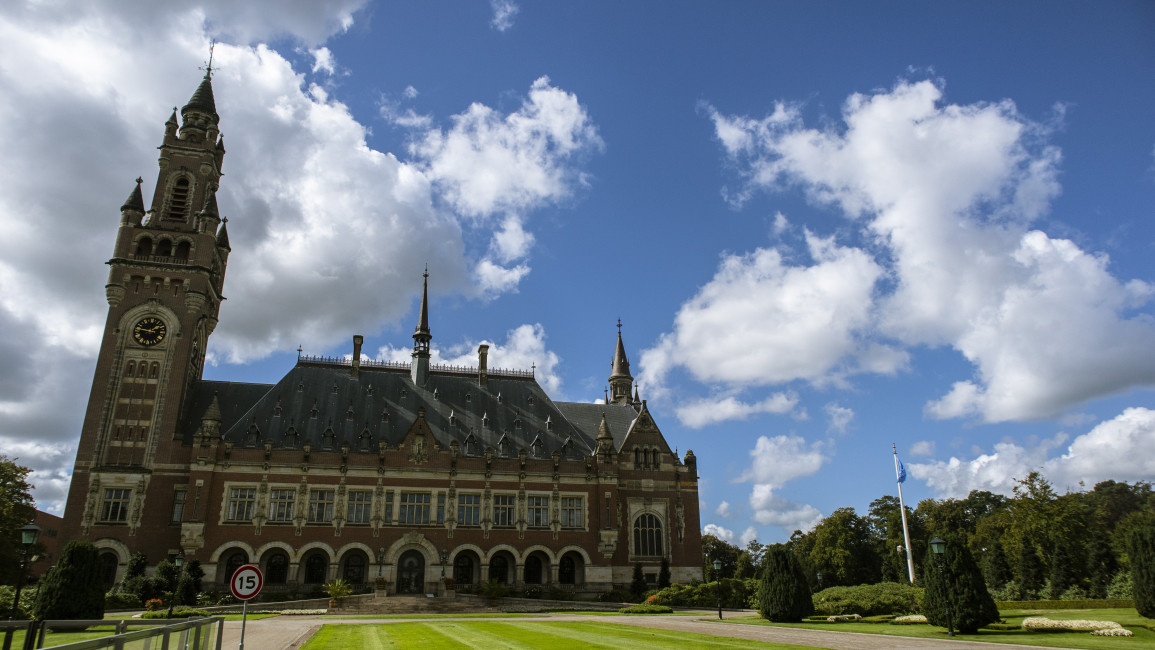Iran takes Canada to International Court of Justice over terror listing
Iran has taken Canada to the International Court of Justice (ICJ) for allegedly breaching Tehran's state immunity by designating it a sponsor of terrorism, the UN's top court said Wednesday.
Canada listed Ottawa as a terror sponsor in 2012 and broke diplomatic ties as relations frayed over Tehran's support for Bashar al-Assad's regime in Syria, its nuclear program, and threats to Israel.
Iran said Canada had breached its immunity by a law passed in 2012 that allows victims and their families to collect damages from state sponsors of terrorism.
Foreign states are normally immune to Canadian civil claims.
Iran had launched legal proceedings against Canada on Tuesday "concerning alleged violations of its immunities" as a sovereign state, the Hague-based ICJ said in a statement.
"Canada has adopted and implemented a series of legislative, executive, and judicial measures against Iran and its property in breach of its international obligations," Iran said in its filing to the court.
Iran demanded compensation from Canada for the "violation of its international obligations," and asked the ICJ to tell Ottawa to overrule any judgments against Tehran in Canadian courts.
There was no immediate reaction from Canada.
"Raisi wants to show that his administration has strategic ties in the US's southern hemisphere and that Tehran's axis of resistance is not limited to the Middle East"@GiorgioCafiero unpacks the Iranian president's Latin America tour https://t.co/afRMHG1NYp
— The New Arab (@The_NewArab) June 16, 2023
The case is similar to Iran's long-running claim at the ICJ against the United States for billions of dollars in assets frozen to compensate terror attacks.
In 2016, a Canadian judge ordered Iran's non-diplomatic land and bank accounts in Canada to be handed over to victims of attacks by Hamas and Hezbollah.
The judgment awarded a reported $13 million to families of Americans who died in eight bombings or hostage-takings in Argentina, Israel, Lebanon and Saudi Arabia from 1983 to 2002.
The families, led by the parents of Marla Bennett, who was killed when a suicide bomber struck at a cafeteria at Hebrew University in Israel in 2002, had successfully sued Iran in the United States.
"Iran respectfully requests the Court to adjudge and declare that by failing to respect the immunities of Iran and its property, Canada has violated its international obligations toward Iran," Iran's ICJ filing said.
The ICJ was set up after World War II to resolve disputes between UN member states. Its judgments are final but can take years.


![President Pezeshkian has denounced Israel's attacks on Lebanon [Getty]](/sites/default/files/styles/image_684x385/public/2173482924.jpeg?h=a5f2f23a&itok=q3evVtko)



 Follow the Middle East's top stories in English at The New Arab on Google News
Follow the Middle East's top stories in English at The New Arab on Google News


